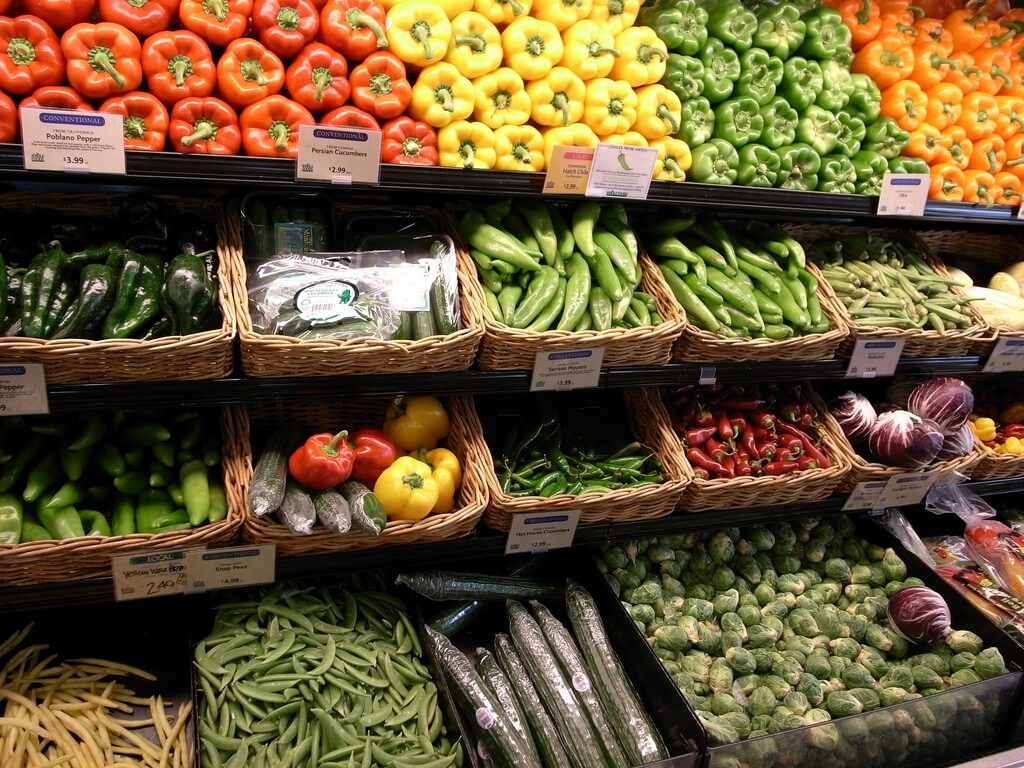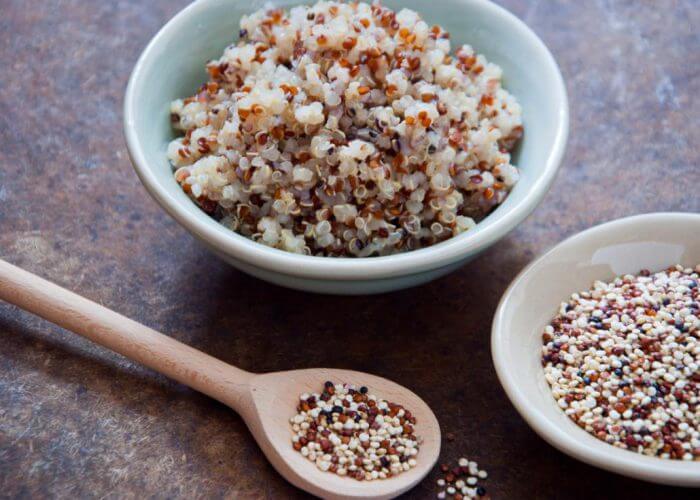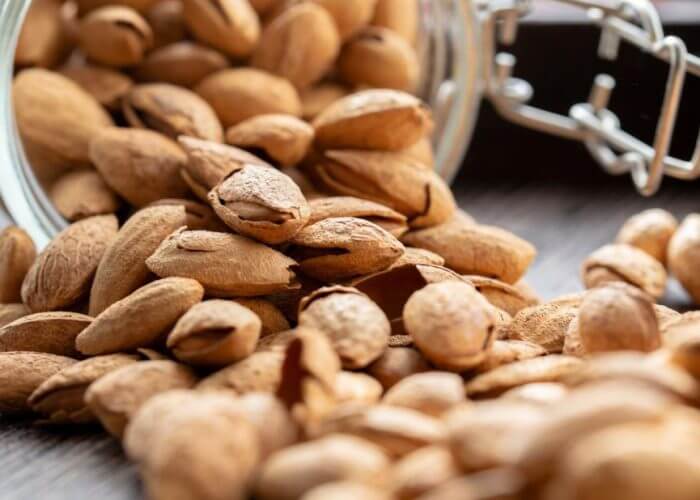5 Plant-Based Protein Alternatives for Swimmers

5 Plant-Based Protein Alternatives for Swimmers
You have heard it countless times from doctors, parents and coaches. “Eat your greens!” Obviously, fruit and vegetable consumption is important to a well-balanced diet, but people are becoming increasingly aware of additional benefits offered by following a primarily plant-based diet. From popular Netflix documentary “The Game Changers” to world-class athletes who have adopted plant-based eating habits, plant-based diets are now at the forefront of healthy lifestyle discussion. Yet, adopting a plant-based diet as a swimmer can be a little frightening.
Advocates for plant-based eating agree that people can get all of their necessary nutrient requirements from plant-based sources, without the need for animal meat and dairy consumption. Swimmers, however, burn an extreme number of calories. This can make the switch to plant-based eating seem a little scary. Some may wonder how they will get enough protein to fuel up after an excruciating workout. Lean meat consumption is synonymous with making gains, primarily due to the high protein content of meat. Since protein is the key ingredient to muscle recovery, repair and growth, many athletes consume meat as an easy way to reach daily protein requirements.
Contrary to popular belief, plant-based proteins indeed offer a sufficient amount of protein as well as many more nutrients and fibers than traditional lean-meat protein sources. For those considering making the switch, or for those who simply want to increase their plant-based protein intake, here are five protein-packed plant-based options that offer outstanding benefits.
Legumes
Legumes, which include foods like beans, lentils and peas, are great protein-packed alternatives to meat. For example, one cup of black beans has over 15 grams of protein. Using beans as a substitute for chicken in a meal is a common way to introduce legumes into your diet. Even if you do not want to eliminate chicken, adding beans to a meal is a super easy way to increase your protein intake. Beans also have high levels of fiber, which is essential to maintaining healthy digestion.
Quinoa

Photo Courtesy:
Quinoa is classified as a whole grain that contains about eight grams of protein per cup. In addition, it has all nine essential amino acids for humans. Amino acids are the “building blocks” of protein. While our bodies make some of these amino acids, others must be consumed through your diet. Amazingly, quinoa has every single amino acid that our bodies do not produce, making it a complete protein source. There are many plant-based recipes that call for quinoa because it is a complete protein. Quinoa is perfect to add to a vegetable bowl post-workout.
Spinach
Although spinach has a relatively lower amount of protein per serving, it serves many benefits to the overall health of an athlete. It is one of the most nutrient dense leafy greens available. One cup may only contain about a gram of protein, but it has rich amounts of folate, vitamins A, C and K, as well as magnesium, iron and potassium. In fact, one study showed that participants who took supplements of spinach had lower oxidative stress and muscle damage following a half-marathon. Like running, swimming is an endurance sport. Spinach consumption may aid the performance of swimmers as it did for the runners in the study.
Nuts

Photo Courtesy:
Nuts are excellent plant-based protein sources. For instance, one serving of almonds contains six grams of protein and six grams of carbohydrates. These two factors combine into a great pre-practice snack for their convenience and overall nutrition. Nut butters like peanut butter also have a fair amount of protein. It is important, though, to consume natural nut butters that exclude additives like sugar and salt. A peanut butter sandwich on whole-wheat bread is a protein-packed snack to help swimmers to reach calorie demands—and it is completely plant-based!
Vegetables
It turns out that the doctor was right! Consistent vegetable consumption is one of the easiest ways to incorporate plant-based protein into your diet. Only a cup of vegetables has five grams of protein. Adding a variety of vegetables to your diet each day will not only increase your protein-intake, but it will impact your health for the better.
Whether you are ready to make the switch to plant-based eating, or you are striving for better nutrition, these five plant-based protein sources are sure to get you started toward a healthier diet and lifestyle as a swimmer. After all, you are what you eat!




Very interesting and informative, Connor. I enjoyed reading this. Thanks.